10F, Building B, Erqi Center, Erqi District,
Zhengzhou City,
Henan Province, China
Wit:+86 15138685087
(WhatsApp/Wechat)

10F, Building B, Erqi Center, Erqi District,
Zhengzhou City,
Henan Province, China
Wit:+86 15138685087
(WhatsApp/Wechat)
Cold-rolled steel sheets are precision-engineered metal plates produced through cold rolling, combining excellent ductility with high dimensional accuracy. Thickness tolerances can be controlled within ±0.01mm, featuring a smooth, clean surface free of scale.
At Wanzhi Steel, we leverage advanced rolling mills and process control to offer a wide range of specifications: thicknesses from 0.12 to 3.0mm and widths from 600 to 1500mm. We can produce both standard dimensions and customized specifications.
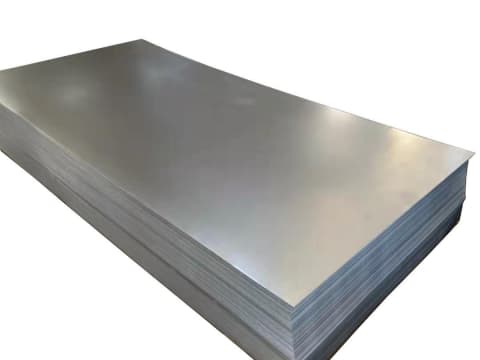
Cold rolled steel sheet
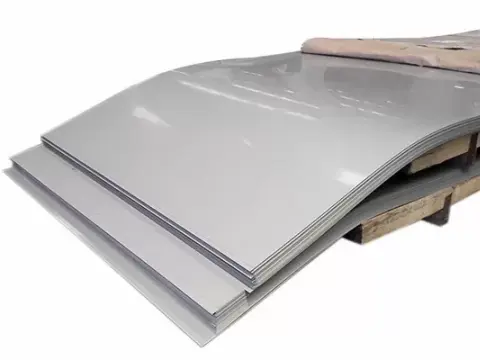
12 gauge 304 SS cold rolled sheet
| Item | Cold roll sheet |
| Thickness | 0.12 – 3.0mm |
| Width | 600-1500mm |
| Length | As your requirements |
| Grade | Q195, Q235, DC01, SPCC, SPCD, SPCE, DC01, DC03, DC04, DC05, DC06, CS Type B/C, ST12, etc |
| Standard | GB, EN, ASTM, JIS, DIN |
| Surface Treatment | Chromated and Oiled, and Anti-fingerprint |
| Hardness | Softy, half hard, hard quality |
| Technology | Cold Rolled |
| Processing Service | Welding, Punching, Cutting, Bending, Decoiling |
| Delivery time | 10-35 days after the confirmed order |
| MOQ | 25 tons |
Cold-rolled steel sheets are produced using hot-rolled steel coils as base material. At room temperature (or below the steel’s recrystallization temperature), the material undergoes multiple passes through cold rolling mills followed by finishing processes such as annealing. Finally, it is processed through leveling and shearing (or slitting) to achieve the specified sheet dimensions.
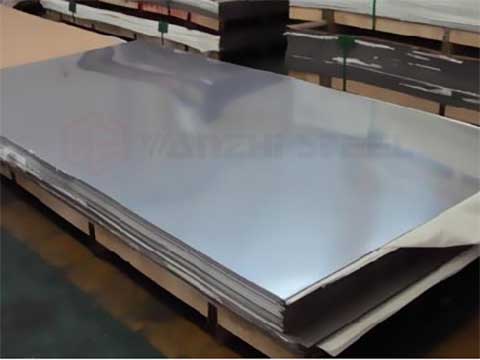
Cold Rolled Sheets
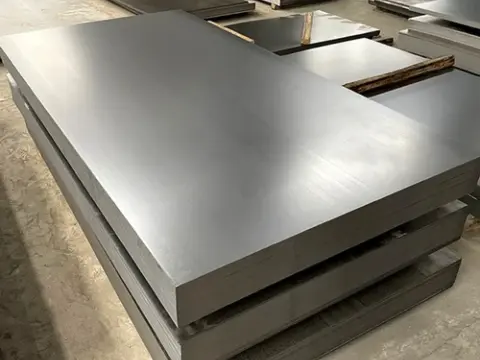
Cold rolled galvalume sheet
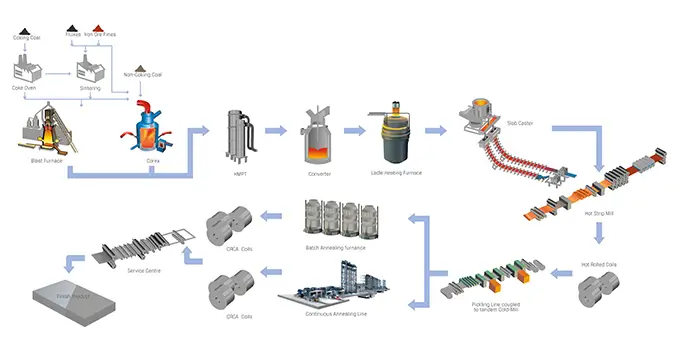
Cold rolled steel production process
Cold rolling is performed at room temperature, eliminating high-temperature oxide scale formation. The surface is smooth, flat, clean, and flawless. Custom finishes such as mirror-like or matte effects can be achieved as needed. It can be directly used for subsequent processes like spraying or electroplating without additional grinding, making it particularly suitable for applications demanding high aesthetic standards, such as appliance housings and decorative panels.
Thickness tolerances are precisely controlled within ±0.01mm, with thickness consistency far surpassing hot-rolled steel sheets. This meets stringent dimensional tolerance requirements for precision mechanical parts and automotive core components, reducing machining allowances and rework costs.
Cold rolling increases the strength and hardness of steel plates. Because the metal grains are refined and elongated during processing, the mechanical properties are improved. Both the yield strength and tensile strength and process performance are better than hot-rolled thin steel plates, with higher strength and hardness and reduced ductility.
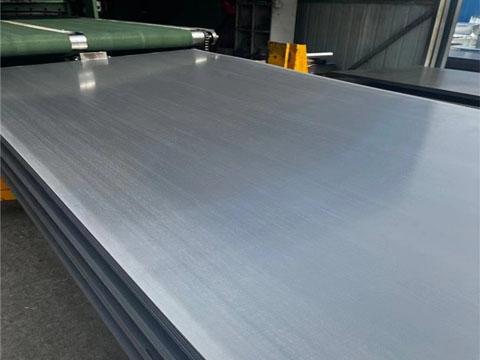
DC01 cold-rolled steel sheet
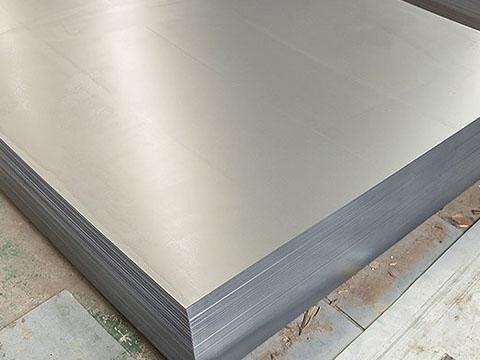
Product Details
Cold-rolled steel can be used directly in certain applications or serve as substrate material for color-coated steel, commonly employed in the following scenarios:
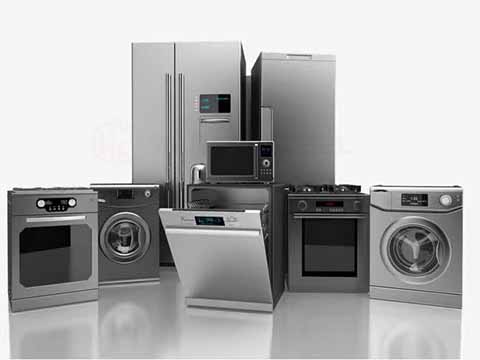
Home Appliances Use

Automobiles and parts
| Grade | Tensile Strength (MPa) | Yield Strength (MPa) | Elongation (%) | Hardness (HV) | Applicable Processing Method |
| Q195 | 315-430 | ≥195 | ≥33 | 70-90 | Simple bending and shearing |
| SPCC | 320-450 | ≥130 | ≥31 | 75-95 | Stamping and welding |
| SPCD | 330-460 | ≥140 | ≥34 | 78-100 | Complex bending and shallow drawing |
| SPCE | 330-460 | ≥150 | ≥36 | 80-105 | Deep drawing and precision stamping |
| DC01 | 320-450 | ≥120 | ≥33 | 70-95 | General structural component processing |
| DC04 | 330-460 | ≥140 | ≥38 | 75-100 | Automotive parts stamping |
| DC06 | 340-480 | ≥160 | ≥40 | 80-105 | High-end automotive outer panel drawing |
Since cold-rolled sheet is processed on the basis of hot-rolled sheet, its various performances are better than those of hot-rolled sheet, as listed below:
1. Surface quality: The surface of a hot-rolled sheet is relatively rough, while the surface of cold-rolled sheet is smoother and cleaner, without scale and surface defects.
2. Dimensional accuracy: As mentioned above, the thickness tolerance of a cold-rolled sheet can be as low as ±0.01mm, so the dimensional accuracy of cold-rolled sheet is higher and the thickness consistency is better, which is an upgraded version of a hot-rolled sheet.
3. Mechanical properties: The strength and hardness of cold-rolled sheets are higher, which is suitable for products with precision and high strength requirements.
4. However, hot-rolled sheets also have unique application scenarios, such as construction steel, bridges, shipbuilding, etc., which require large-size and high-strength structural parts.
5. Price: The price of the cold-rolled sheet is higher than that of the hot-rolled sheet.
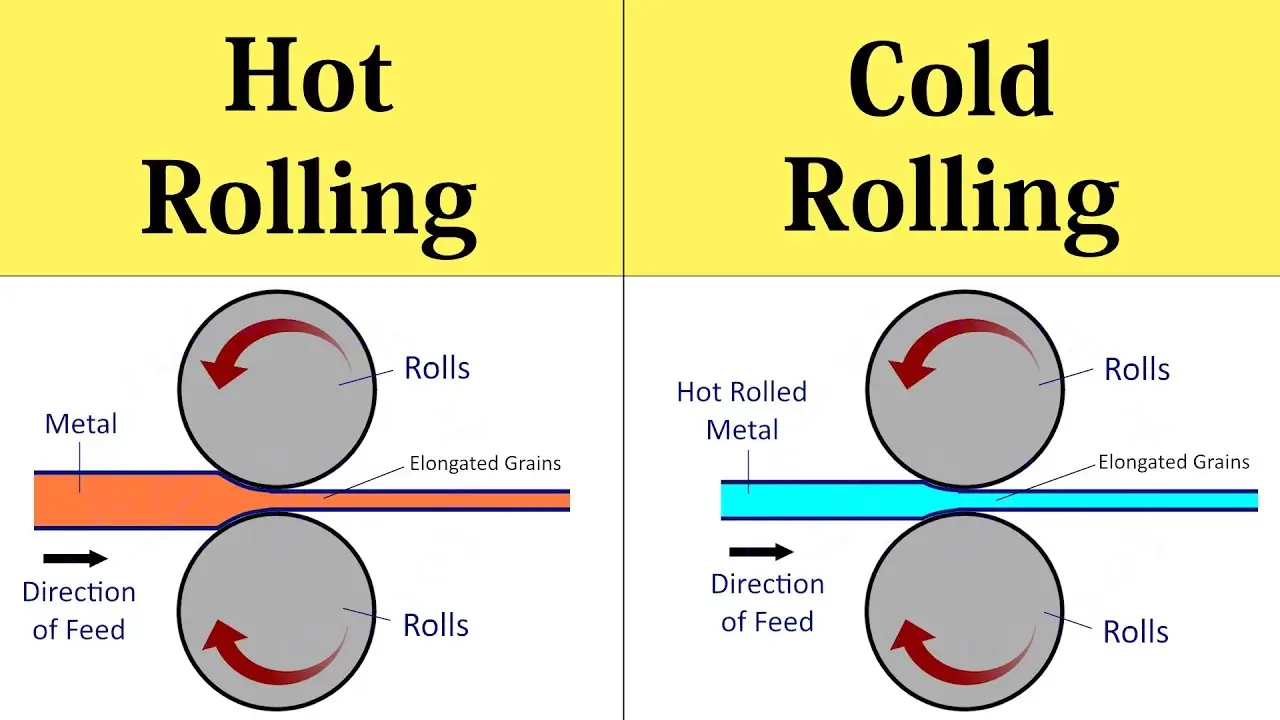
Cold rolling and hot rolling process diagram
As you can see, cold-rolled steel has a wide range of applications across numerous industries. Wanzhi Steel Factory has a monthly production capacity of 2,500 tons, specializing in the production of cold-rolled and hot-rolled steel, as well as steel processing and related services.
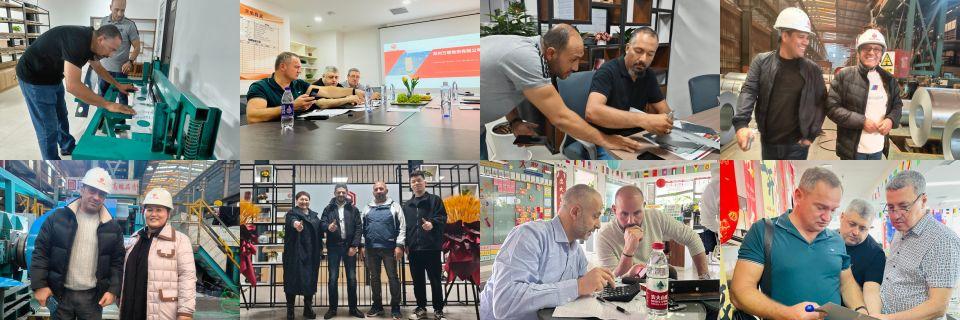
Wanzhi Steel’s lovely customers and friends
If you are interested in cold rolled steel or have other questions, do not hesitate to contact us. Wanzhi Steel is always ready to answer you.





